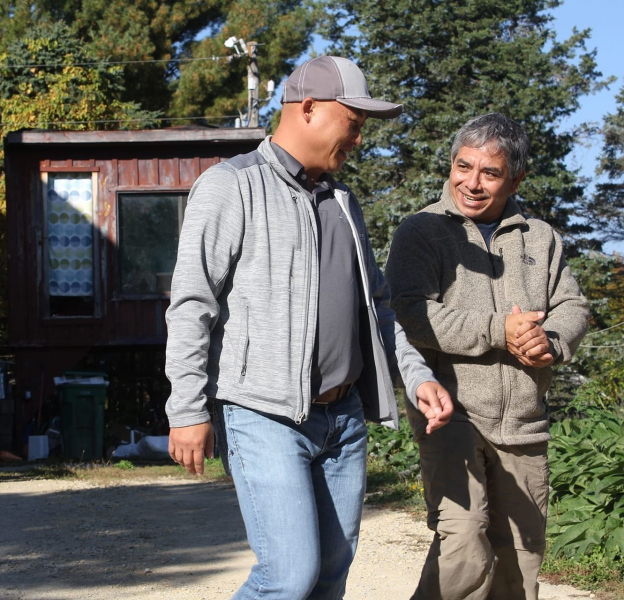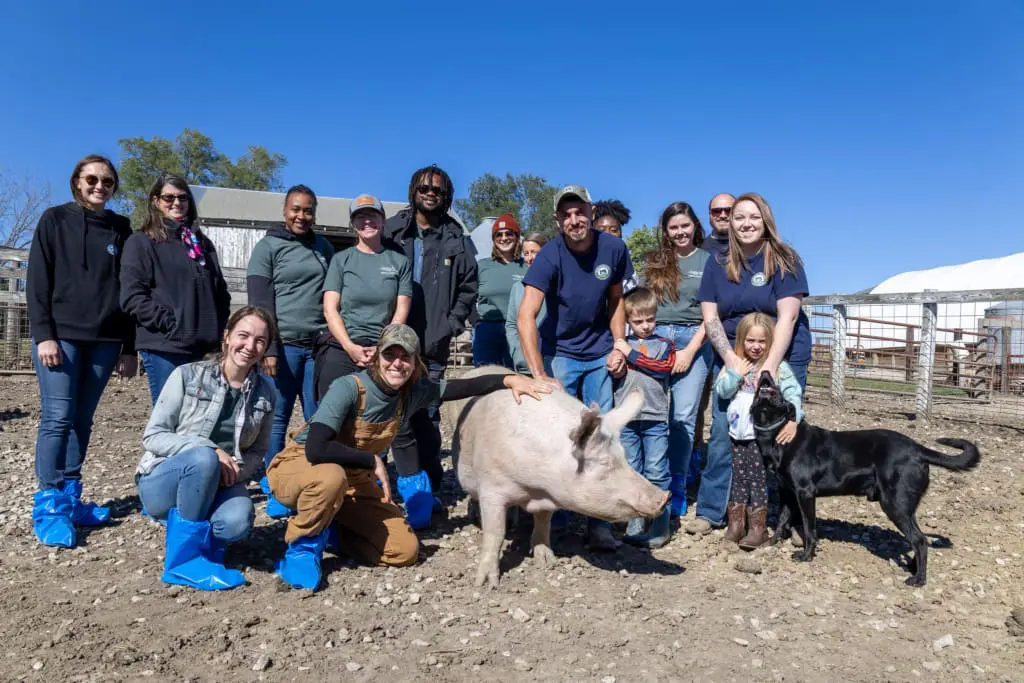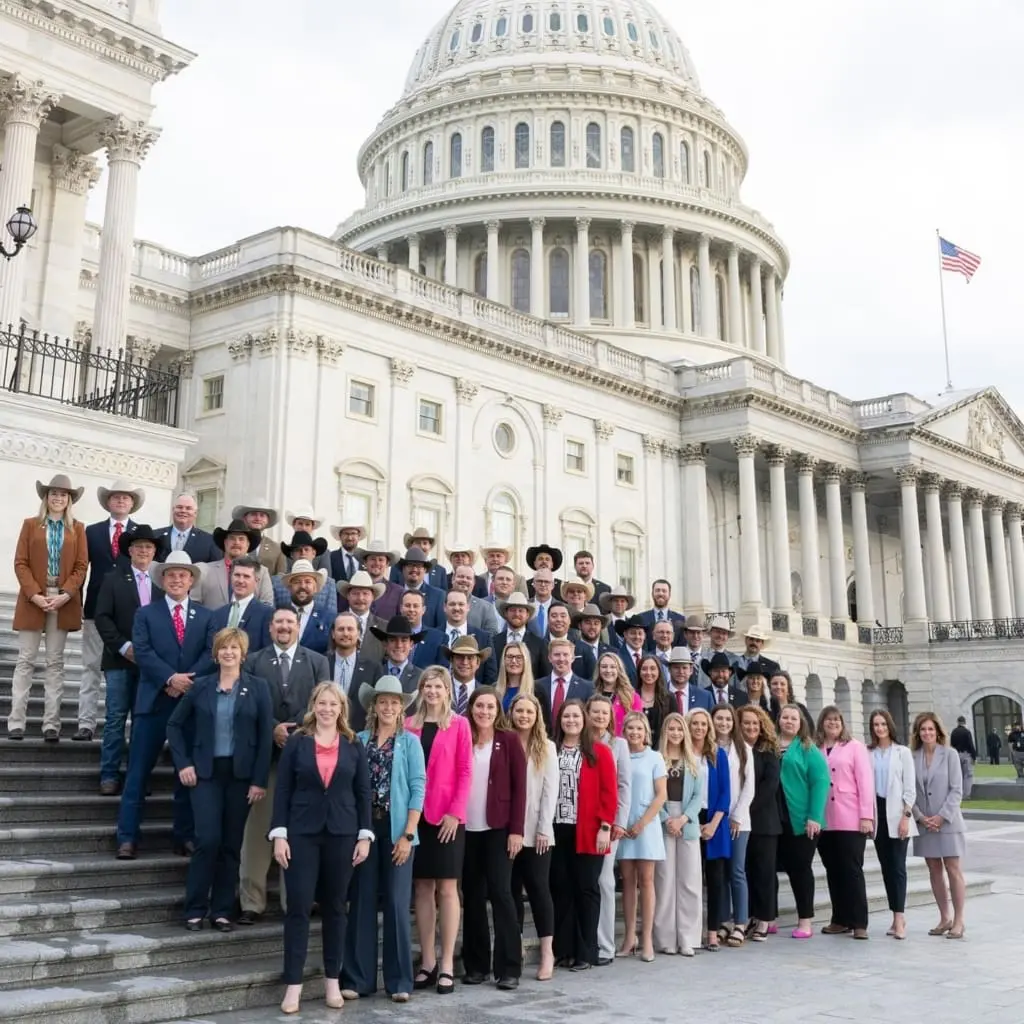Supporting Young & Beginning Farmers
From financial skills-building programs to educational tools that help farmers thrive, Farm Credit prioritizes the success of young and beginning producers.

The next generation of farmers and ranchers will ensure the continued success of U.S. agriculture
With the average age of a farmer now at 58, the agriculture industry must attract and support a younger generation. Congress specifically charged the Farm Credit System to serve the needs of creditworthy young, beginning, and small farmers and ranchers, and that responsibility is taken very seriously.
Each Farm Credit institution offers specialized resources and services tailored to support the success of young and beginning producers in their respective territory. Farm Credit offers support to young and beginning farmers through educational programming, mentorship opportunities, financial counseling, and grants and scholarships. Additionally, we partner with organizations, including:
Beginning Farmer Institute
The National Farmers Union (NFU) developed the Beginning Farmer Institute to provide tomorrow’s agricultural leaders with the precise skills they will need to succeed. Program participants receive hands-on training focused on skills such as business plan writing, financial planning and leadership development.
Farm Credit is a proud supporter of this program and has helped in developing its curriculum. Further, with the financial support of Farm Credit and other sponsors, participants are able to participate at no cost to them.

“BFI was a life changing experience and proved to me that my decision to come back to farming after being away for over a decade was the right one. Not only did it help me to be a better farm manager, but also I made friends around the country who identify with me and face similar issues. Learning about the bigger picture in agriculture has also made me realize a love for ag policy I didn’t know I had.” – Sarah D.
Young Cattlemen’s Conference
Serving as a cornerstone of leadership training for the beef industry, the Young Cattlemen’s Conference provides young leaders with a comprehensive understanding of all aspects of the industry, from cattle and beef production to the consumer. The program also includes exposure to the national grassroots process.
Farm Credit proudly supports this program which has developed more than 1,000 producers. Many alumni continue to participate in industry committees, councils, and serve on boards, even going on to become national officers.

“The Young Cattlemen’s Conference, sponsored by Farm Credit has been one of the best things I could have done for my career in agriculture and for my personal growth. As a first-generation cattle producer, it can be challenging to find success in such a complex industry. The program, my classmates that are now some of my best friends, and the knowledge that I gained stretched my viewpoints and provided a well-rounded experienc.” – Zane G.
Young Farmers & Ranchers Program
The American Farm Bureau Federation’s Young Farmers & Ranchers program is targeted towards men and women between the ages of 18-35. The program’s objective is to surface, grow and develop young Farm Bureau members and provide them opportunities and experiences to strengthen their leadership skills and ensure effective advocacy.
Farm Credit is pleased to be a sponsor of this program and play a role in helping young farmers and ranchers throughout the country focus on personal growth.

“I’m Farm Bureau proud because growing up in an urban community, none of my friends were farmers. And when I went to my first Farm Bureau meeting, I was able to find my people, and the people that wanted to talk about the weather and farming, and I finally felt at home. And so, it’s been great to have that sense of community.” – Heather B.